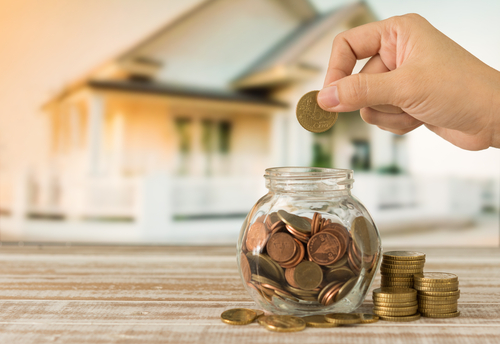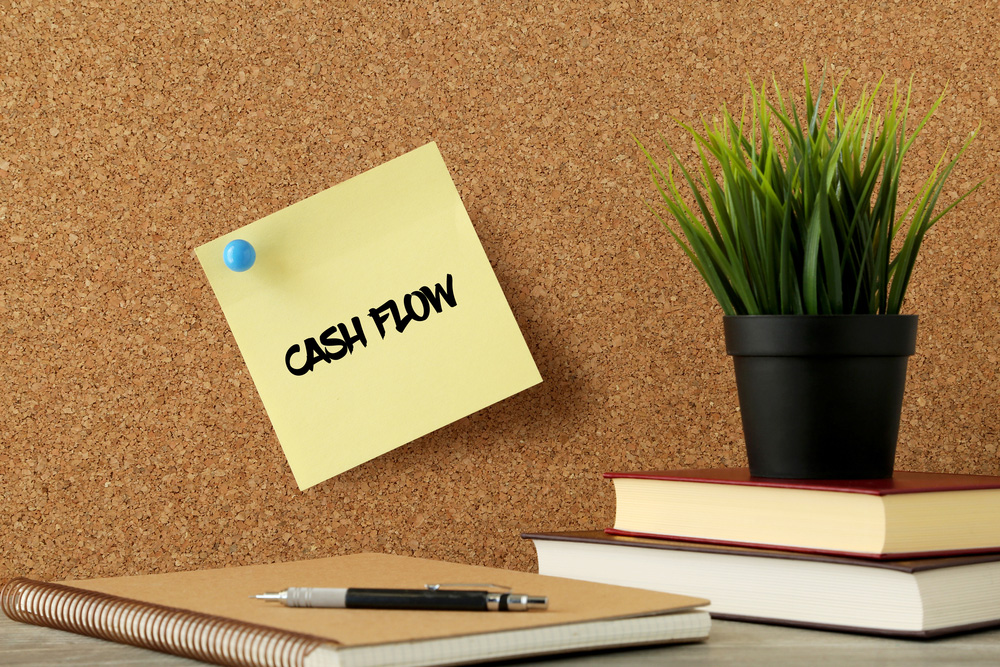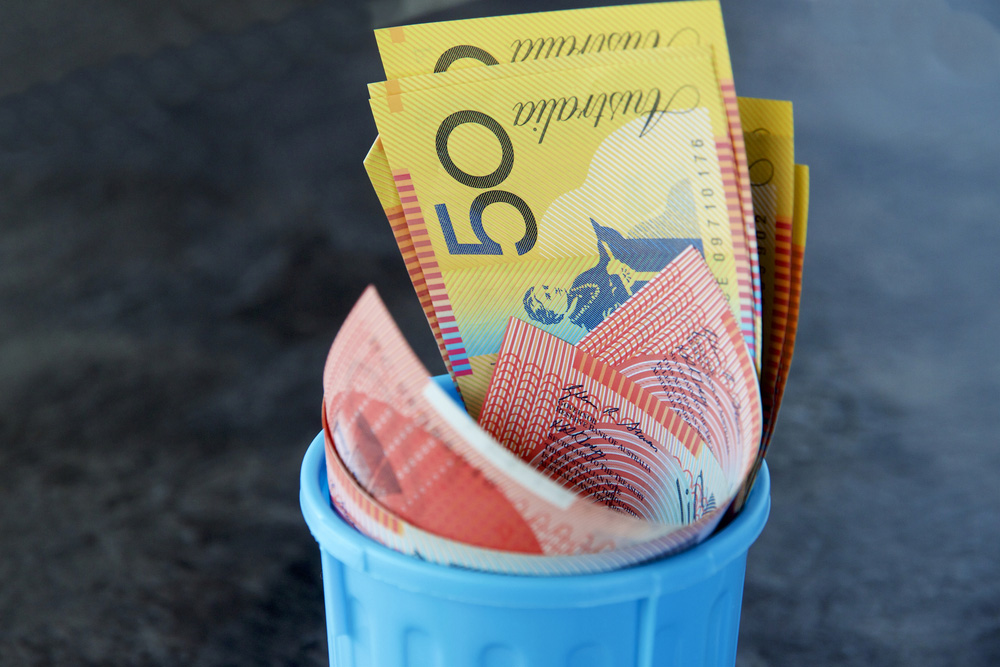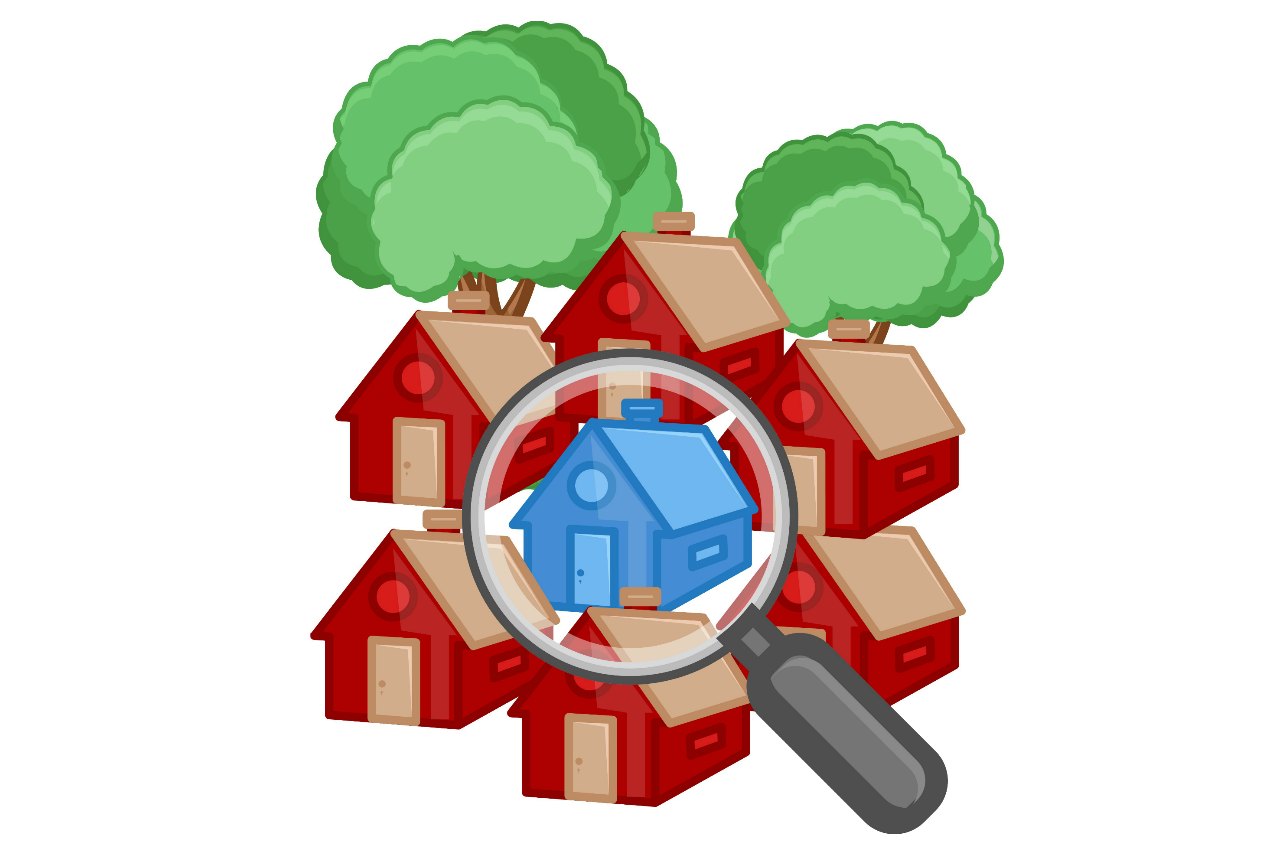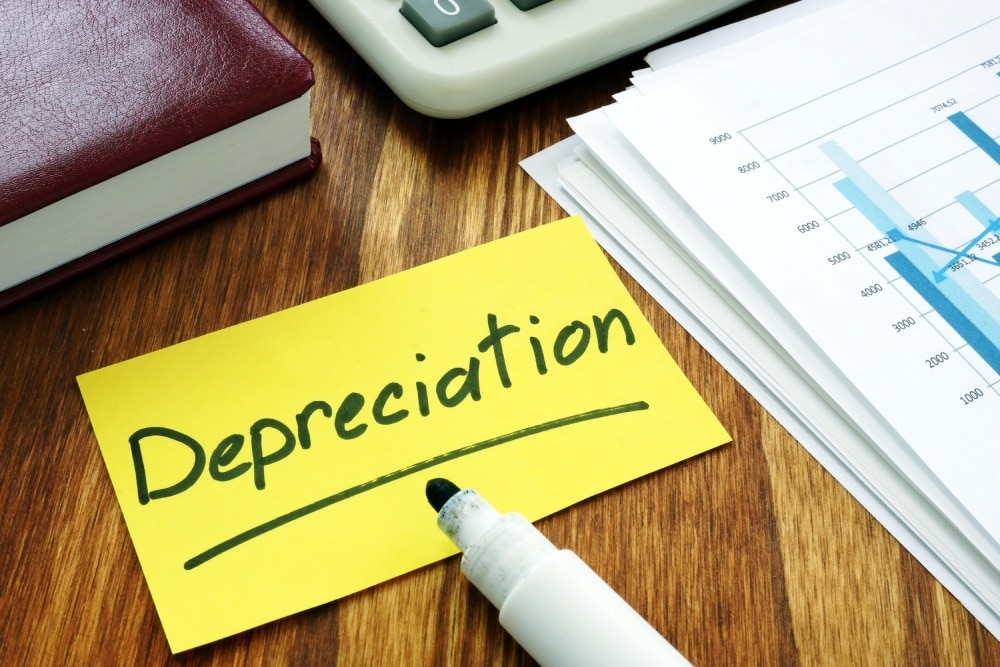
A Property Investor’s Guide To Depreciation
Every smart property investor knows that to create and maintain a portfolio, we need to have good cash flow. One of the ways we can support this is by using depreciation and tax.
But, just like equity, depreciation only works for us if we know how to access and then leverage it.
Like all things tax, depreciation can be a tricky concept to grasp. But, once you get your head around it, depreciation can make a significant impact on the quality of your cash flow.
WHAT IS DEPRECIATION?
In terms of property investment, when we talk about depreciation, we are talking about a reduction in the value of an asset ie how much it is worth now, vs what it was worth when you bought it.
For investors depreciation does not simply account for a reduction in property value, but can also be used against fixtures, fittings, furniture and other items pertaining to the property.
WHY IS DEPRECIATION IMPORTANT FOR PROPERTY INVESTORS?
While adding up how much you’ve “lost” in value of an asset sounds like a bad thing, when it comes to depreciation, it’s the opposite.
The markdown of assets does not mean you have lost that amount of cash, or that the item is less useful. Simply put, it is that the item is simply valued as less on paper.
An example might be a carpet that was worth, on paper, $3000, and 12 months later it’s now worth $2500. That’s a negative loss of $500 on paper, which you can claim in tax.
WHAT CAN INVESTORS CLAIM DEPRECIATION TAX ON?
- Structural buildings
- Any items permanently fixed to the property
- Equipment including ovens, dishwashers, etc
- Fittings including blinds, carpets, ceiling fans etc
…and thousands of more items!
WHEN TO CLAIM DEPRECIATION TAX?
If you are paying tax in small, regular increments, you should also be claiming your deductions as you go via a PAYG variation.
Why wait a whole year to claim cash that belongs to you, when you can claim at regular times and use that cash to bump up your cash flow?
Any good accountant should be able to find out if you are eligible for this and set it up for you. Or talk to the experts at Positive Real Estate who can walk you through the process.
GET INVESTOR SAVVY
Using depreciation as a way to help with cashflow is just one of the strategies you can use as an investor, but there are many MANY more.
You only know what you know so why not learn more at one of our free property investing seminars.
Here you’ll learn many of the tactics great investors use to grow a budding portfolio and create long-lasting wealth well into retirement.
Book your spot now and find out what you need to know about the current market landscape and how you can make it work for the ultimate wealth creation opportunities.
Recent Articles
Is it Time For a Portfolio Checkup?
When was the last time you had a good look at your investment property portfolio? Is it performing...
What Will Your Money Life Look Like in The New Year?
Now that we’re into the new year have you put your resolution to buy an investment property in the...
4 Tips for Managing Your Cash Flow
Financial freedom is certainly within reach of everyday Australians, but unless we learn how to be...
Which Money Personality Are You?
Does it seem as if, no matter what you do, you simply can’t save enough money to buy a home, much...
Do These 7 Money Management Tasks Before Investing in Houses
Once you’ve decided to create financial freedom through investing in houses it’s time to take...
Marketing Tips: How to Create Ads That Fill Your Vacancies
Think back to the last property you looked at when surfing for a good deal. Do you remember what...
4 Property Research Tips You Need to Know
As a property investor you’re always going to be learning. It never stops. And while there’s a lot...
Why You Should Treat Property Investing as a Business
How active you are as an investor will depend on how many properties you own and the time...
Do You Have a Sure Bet?
“Forget the lottery. Bet on yourself instead.” - Brian Koslow, self-help coach....




